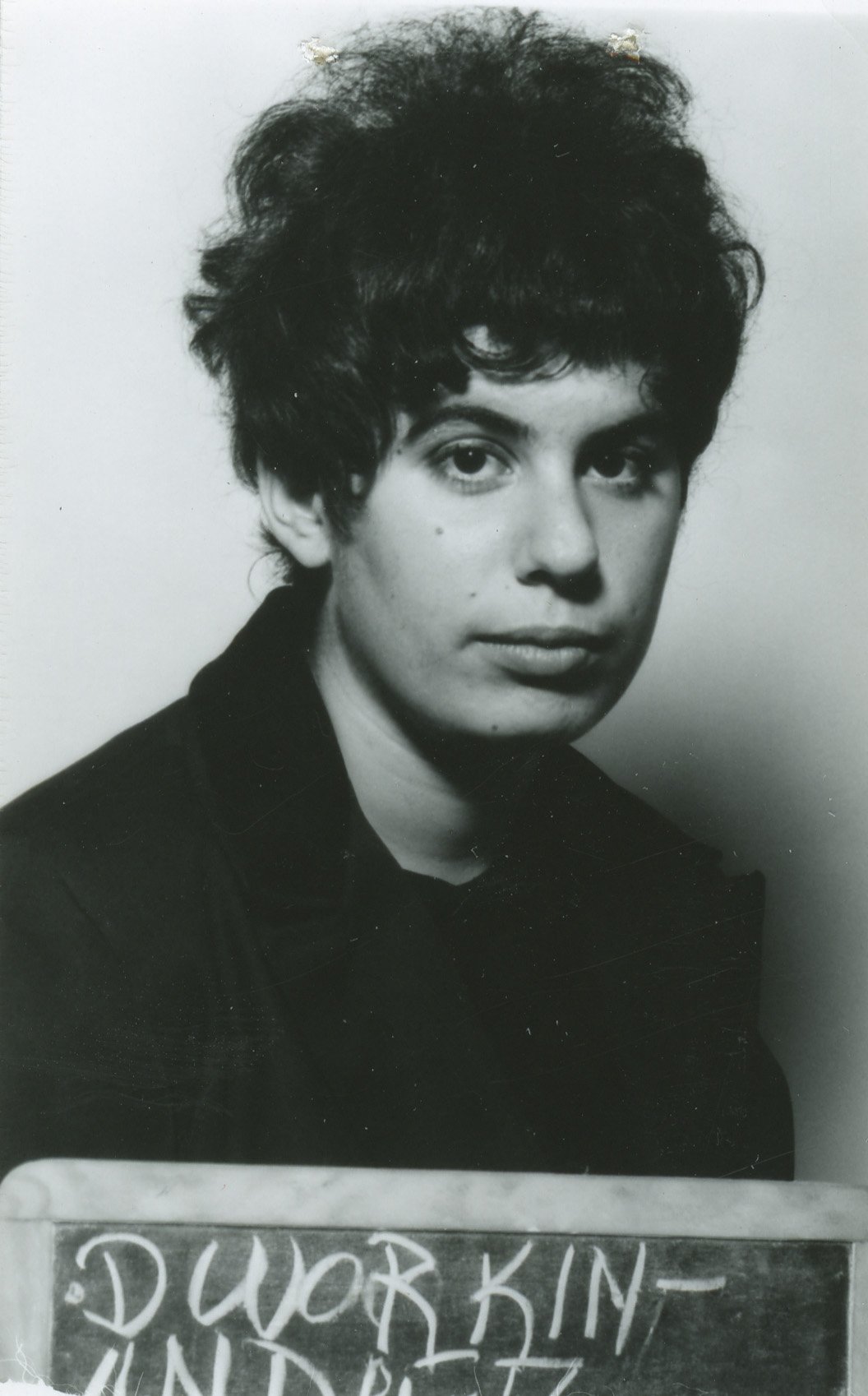Andrea Dworkin on Quality of Education and Communal Responsibility
Andrea Dworkin as an entering freshman at Bennington in 1964. Photo courtesy of Crossett Library's digital archive.
Before Andrea Dworkin was the famed anti-pornography provocateur of second wave feminism, she was a 20 year old Bennington student, in the grand tradition of Bennington students, complaining about the administration. In the fall term of 1966, Dworkin published a Galley- an open letter distributed to the entire school population- airing her grievances with changes in the size and structure of Bennington’s courses.
The quality of education at this college is fiercely dependent on the concept of individual instruction and attention … The methodology of this experience includes seminars, small classes, group and individual tutorials, and interesting and worthwhile counseling. This year, advanced courses in many fields, particularly in literature, number in the 20's and 30's. We are being cheated, specifically of time from our instructors and of classroom dialogue. There is no justification for increased fees when concomitantly class size is expanded (but numbers and varieties of courses are not), and when the faculty, because of the enlargement, is less accessible. This college seems determined to bury what is unique and important here, and to normalize into a dwarf-like reproduction of conventional colleges all over the country.
Even in her student writing, Dworkin’s bold and potent writing style is already apparent. One wonders what Dworkin would have to say about Bennington's class sizes, variety and structure in the present day, given that currently some popular classes such as Screenwriting enroll as many as 40 students at a time.
Dworkin goes on to address the topic of social and communal responsibility, asserting that part of one’s responsibility as a member of a community is to oppose the aspects of that community which are contrary to one’s values, and to work towards changing those aspects in order to create a better community. She compares the responsibility one has in a small community such as a college to the responsibility one has as a member of a nation, specifically in terms of opposition to the U.S.war in Vietnam.
Many of us have defied and will continue to defy in both spirit and action the execution of the Vietnam War. President Johnson, implicitly and explicitly, reminds us that our communal responsibility is to conform. However, we must make our own decisions about this war, and we must position ourselves in relation to it, even if, for now, we place ourselves criminally contra to the operative and sanctioned society. Certainly, what applies on a national level must apply where we live, where we go to school, where we have the possibility of genuine dialogue with others.
Dworkin was heavily involved in antiwar activism during her time at Bennington. She was a member of the Vietnam Committee, a student activist group which released informational Galleys on antiwar efforts and organized protest participation among students.
It was Dworkin's Vietnam activism which first brought her to the national spotlight. In 1965, as an 18 year old Bennington freshman, Dworkin was arrested while participating in an antiwar protest at the United States Mission to the United Nations and sent to the New York Women’s House of Detention, a prison known for both having held a large number of prominent leftist women and for its discriminatory and abusive practices. While in custody at the prison, Dworkin was subjected to sexual assault by two prison doctors. Her testimony before a grand jury on the incident landed her on the news and contributed to the closure of the prison seven years later.
Dworkin wrote many Galleys and letters related to various activist topics during her time at Bennington, including a letter to the editor of alumni magazine Quadrille on the subject of campus sex, which was previously covered in Literary Bennington here. Dworkin later had a falling out with Quadrille, writing “a most angry and insulted complaint” to the editors after one of her articles was maliciously edited and misrepresented by the magazine in an attempt, Dworkin believed, to make it “appear unnecessary and foolish.” Even in her time as a Bennington student, Dworkin was unapologetically outspoken and equally controversial, the same qualities which went on to define her career as an author.
- Margalit Duclayan ‘25




